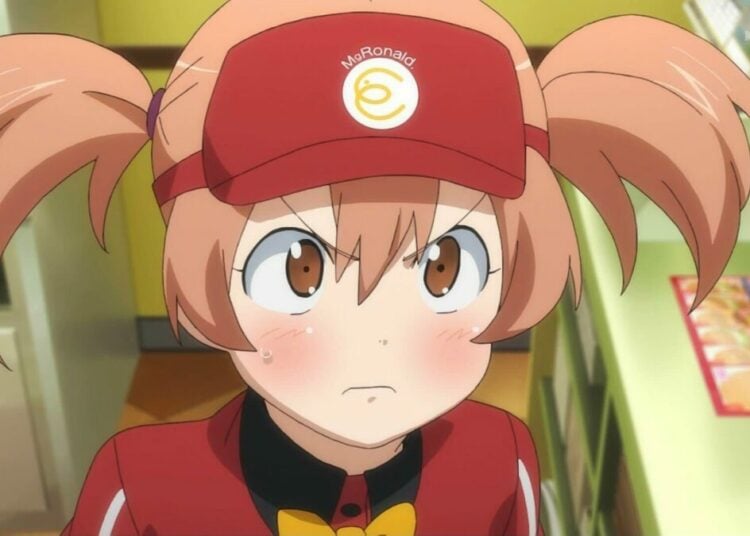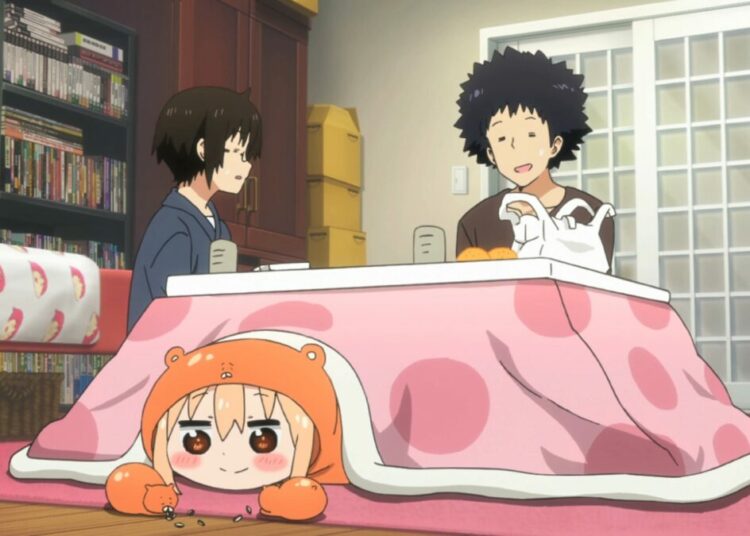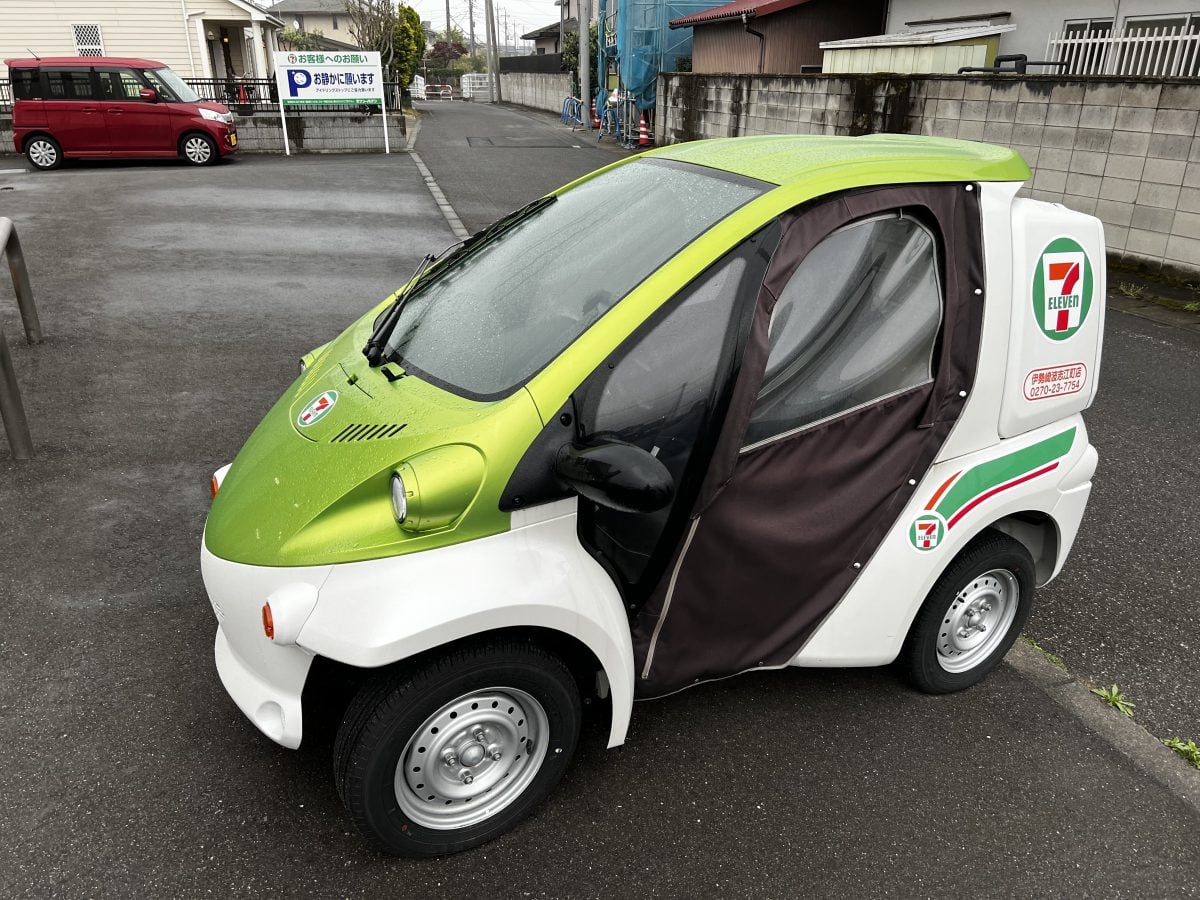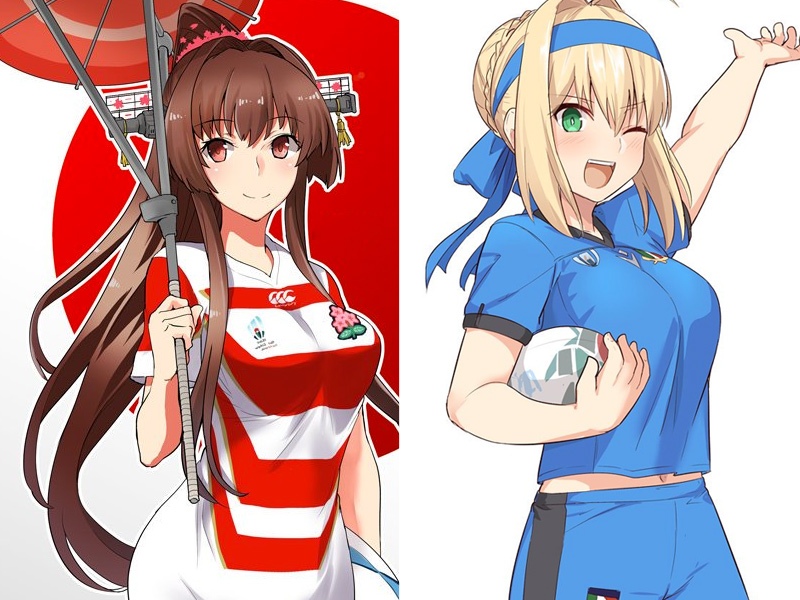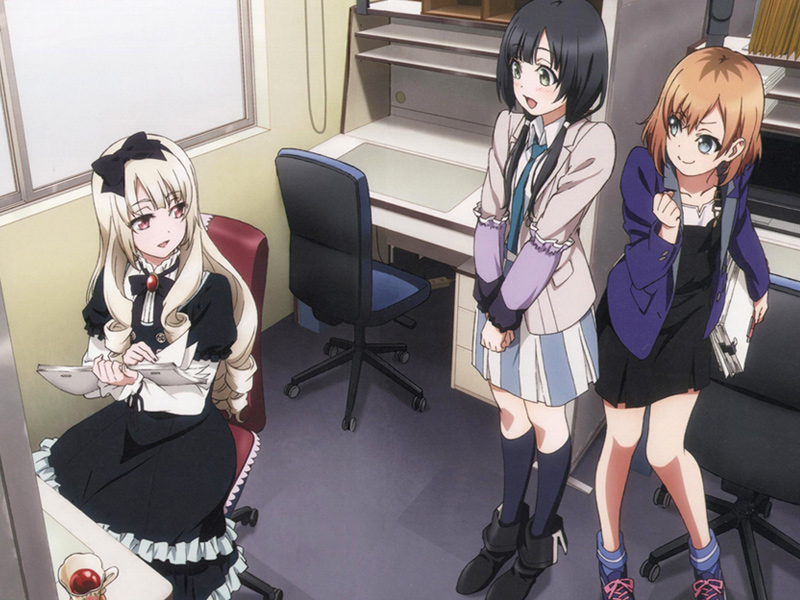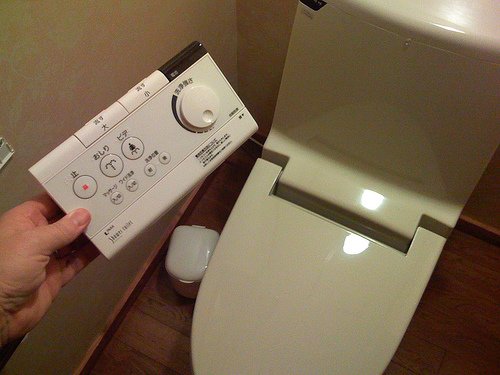This past weekend saw the broadcast of “24 Hour TV,” an annual charity drive broadcast by the Nippon TV network each year. Like the big “Kohaku Red and White Song Battle” held on December 31st it’s quite a media event, and all the biggest names in entertainment lend their star power to help raise money from viewers for various good causes. Over the course of the broadcast the hosts put on many events, including a marathon and various other sports-related segments. The theme of this year’s show was “An Event That Changed Your Life,” and former baseball star Shinjo (who played in the U.S. for three years) went on a “Darts Trip,” throwing a dart at a map of Japan then traveling to that prefecture to interview people while the cameras watched. In one segment I caught, Shinjo visited a rural part of Okinawa to interview people about what events had changed their lives. One mango farmer told him it was when he tasted mangos for the first time thirty years ago; he knew people would come to love the exotic fruit, although at the time Japanese were used much blander fare. Considering that they now sell for up to $100 apiece (in special packages, for giving as traditional gifts in the summer), I’m sure he’s not regretting his decision to take a chance on growing mangos.

One of the first words learners of Japanese come across is the word genki, so I thought I’d revisit this fun term. The word is quite flexible, and can mean anything from healthy to energetic to “fine thanks, and you?” The first greeting you usually learn in Japanese is often Ogenki desu ka? (お元気ですか?) which corresponds to “How are you?” (although it can be more accurately translated as “Are you fine?”). The reply is Hai, genki desu (Yes, I am fine). Some other situations where the word might be used include to describe a child with lots of energy, running around a room; to describe an elderly person who is still active and healthy; and when trying to cheer someone up, asking them to “show their genki.” (In another context, a man becoming genki can refer to the common phenomenon that happens in the morning.) Whenever you learn a foreign language, you’re confronted with words that don’t quite “match up” with words you use in your native language, such as the two words for “cold” in Japanese (samui and tsumetai), which refer to coldness in the air and something that’s cold to the touch, respectively.
The kids are safely back from their long stay in the U.S. They had a lot of fun doing lots of “American kid” things and are now groaning about returning to Japan, with its cramped spaces and harsh August humidity. As usual, it’s fun to observe the changes as they get used to Japan again after a month in an English environment. For example, my daughter Rina was trying to talk about a comb she’d bought in the U.S, but her brain temporarily forgot the word for “comb” in Japanese (kushi), so she substituted the English term although her grandparents didn’t know what she was talking about. When she’s in the U.S. she goes to the local branch of Score! to study her English reading and spelling, and when her grandmother asked her how that went, she found herself unable to discuss the subject in Japanese, and had to switch to English — the “wiring” for thinking about an English-related subject like spelling in Japanese had not been created in her brain yet. When you think of summer vacation, you probably don’t think about doing lots of homework, but that’s just what my kids have to do now with their last week before school starts. To keep kids from totally forgetting everything they learned during school, teachers give them 20+ hours of homework from all subjects, and my kids are quite busy getting it all done.


